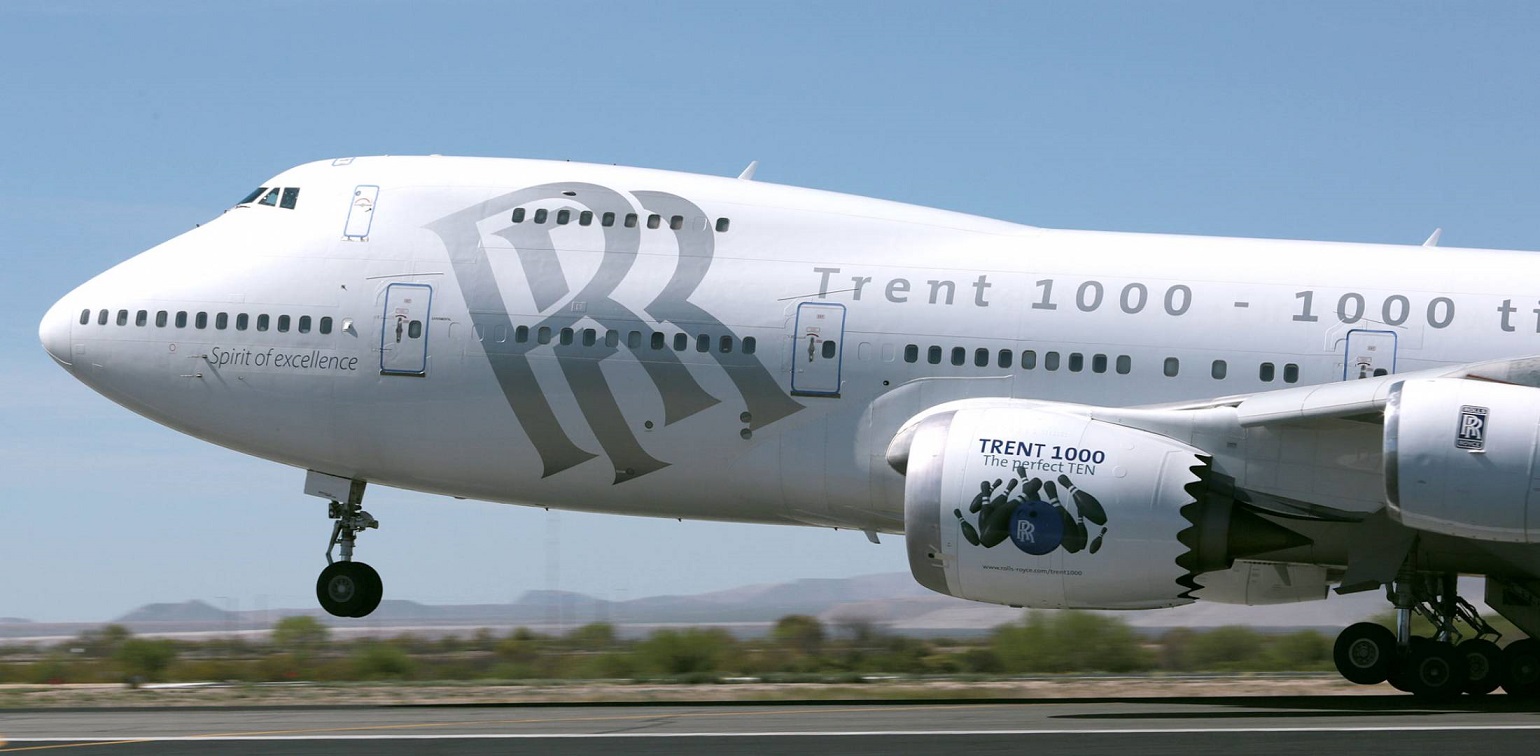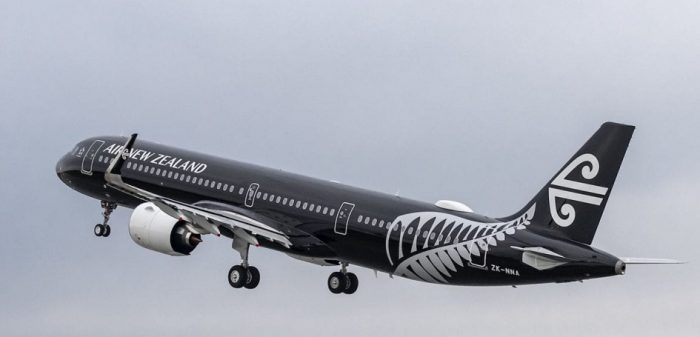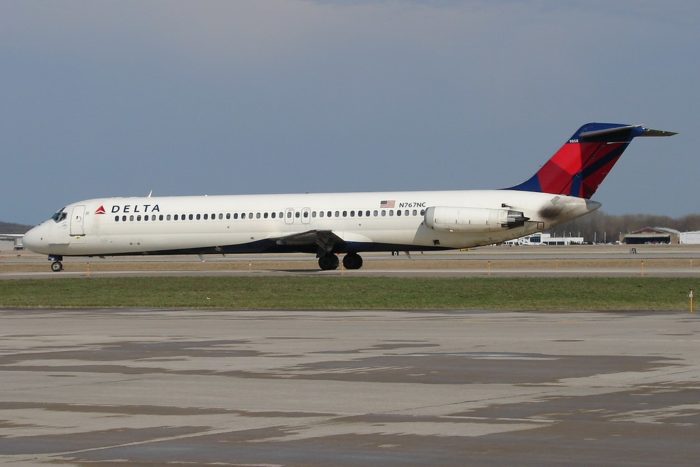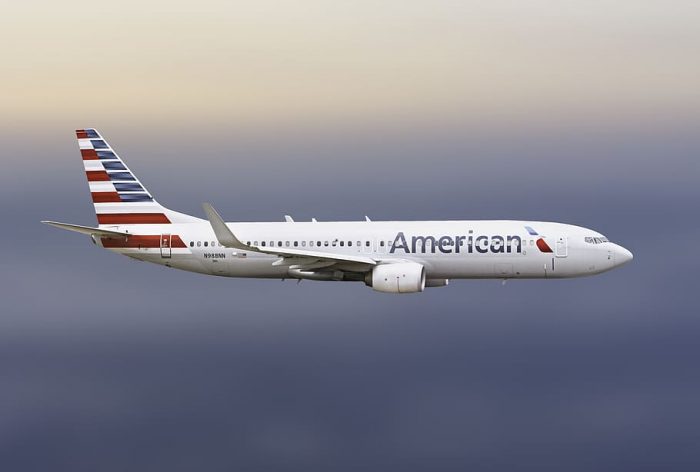Now Reading: Britain’s Rolls-Royce to cut 9,000 jobs as air travels decline
-
01
Britain’s Rolls-Royce to cut 9,000 jobs as air travels decline
Britain’s Rolls-Royce to cut 9,000 jobs as air travels decline

Rolls-Royce plans to slash at least 9,000 jobs, or over a sixth of its workforce, in the recent blows to the UK economy and aviation industry has been hit by the ongoing coronavirus crisis.
The company makes engines for planes including Boeing 787 and Airbus 350. It said on Wednesday it could also shut down factories as it shrinks to fit the smaller market it expects to cope from the crisis.
Airlines and their supplies have been one of the hardest hit businesses by coronavirus lockdowns to contain the pandemic, with passenger air travel grinding to a virtual stop.
The UK, like many other economies, is also getting ready for a deep recession, with jobless claims in April leaping to the highest in almost 24 years. “We have to decrease our cost base and adapt to the new world, matching our capacity with expected demand,” Rolls-Royce chief executive Warren East informed reporters, revealing the company’s biggest round of cuts since privatization in 1987.
The 9,000 jobs, out of a worldwide staff of 52,000, will go predominantly from Rolls’s civil aerospace business, which generates just more than half of its 15 billion pounds ($18 billion) of yearly revenues.
Rolls stated it was targeting 1.3 billion pounds ($1.59 billion) of annual cost savings, with about 700 million coming from layoffs including other cuts that could include factory closures.
Headquartered in Derby, central England, around two-thirds of Rolls civil aerospace jobs are based in the United Kingdom, East said, adding that was “probably a good first proxy” of where the jobs were going to be lost.
East stated that Rolls had 16 to 17 major civil aerospace manufacturing locations throughout the world, including major presence in Germany and Singapore.
Consultations with unions will now get underway, with job losses are expected as well in office support functions. Rolls’ defence unit will be spared, though, as military demand continues to be strong.
Forecasting air travel will not make a recovery for three to five years, East said Rolls was planning for aviation activity to be about a third less than in the last year.
Government schemes to help pay employees had been useful in the short term, with Rolls’ furloughing 4,000 staff under the UK scheme, but the company needs to plan for a future where its airline customers fly less, East stated.
The cuts come after a 2018 programme to cut 4,600 jobs, although 1,000 job losses outstanding from that round are included in the 9,000. Rolls has also been dealing with a long-running engine problem which forced airlines to put a stop on its planes.
Its shares were last dropped 2%, having dropped 62% this year to 11-year lows.
Stay Informed With the Latest & Most Important News
Previous Post
Next Post
-
 01Polestar Boss Says It’s Time To Outrun BMW M And Mercedes-AMG
01Polestar Boss Says It’s Time To Outrun BMW M And Mercedes-AMG -
 02Spy Shots: 2027 Mitsubishi Pajero Spotted in Testing Ahead of Possible U.S. Return
02Spy Shots: 2027 Mitsubishi Pajero Spotted in Testing Ahead of Possible U.S. Return -
 032026 Toyota Hilux EV: A Powerful Truck with Silent Torque
032026 Toyota Hilux EV: A Powerful Truck with Silent Torque -
 04Spy Photos: VW ID. Polo GTI Goes Electric with 223 HP and 280 Miles of Range
04Spy Photos: VW ID. Polo GTI Goes Electric with 223 HP and 280 Miles of Range -
![2027 Mercedes-Benz S-Class Debuts with V8 Engine [Photo Gallery]](https://speedlux.com/wp-content/uploads/2026/01/2027-Mercedes-Benz-S-Class-33-155x125.jpg) 052027 Mercedes-Benz S-Class Debuts with V8 Engine [Photo Gallery]
052027 Mercedes-Benz S-Class Debuts with V8 Engine [Photo Gallery] -
 06The Controversial Ford Voodoo V8 That Was Killed Off Too Early
06The Controversial Ford Voodoo V8 That Was Killed Off Too Early -
 07Hyundai Palisade’s Breakout Year Shows How Quickly the Market Can Turn
07Hyundai Palisade’s Breakout Year Shows How Quickly the Market Can Turn



![2027 Mercedes-Benz S-Class Debuts with V8 Engine [Photo Gallery]](https://speedlux.com/wp-content/uploads/2026/01/2027-Mercedes-Benz-S-Class-33-700x394.jpg)











































